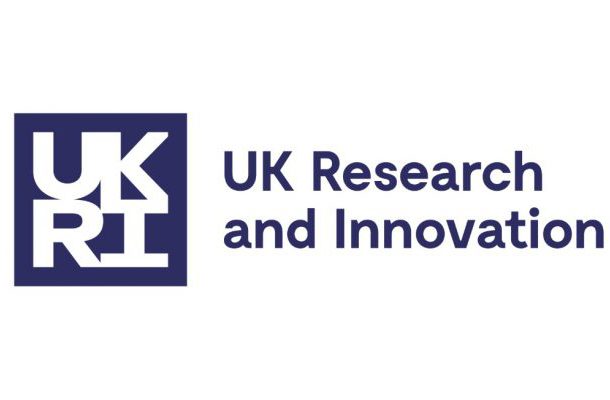The UK’s first re-manufacturing line for high-performance sintered rare earth magnets for use in electric vehicles, aerospace, renewable energy technologies and low carbon technologies will be developed by the University of Birmingham.
The project is part of a £28.5 million investment from the Driving the Electric Revolution Challenge at UK Research and Innovation (UKRI) to support the creation of a competitive electrification supply chain in the UK.
UKRI has awarded the University of Birmingham £4.3 million to establish the plant, which will be located at Tyseley Energy Park (TEP), a research and development facility dedicated to delivering clean energy innovation.
The plant will be based on the patented HPMS process (Hydrogen Processing of Magnet Scrap), which uses hydrogen as a processing gas to separate magnets from waste streams as an alloy powder. The powder will be used as a feedstock to re-manufacture sintered rare earth magnets.
High performance sintered rare earth magnets are an essential component of thousands of electrical products, from loudspeakers and computer hard drives to wind turbines and electric vehicles. They are manufactured using rare earth metals and in recent years the market has been dominated by China, which has large reserves of these materials.
Crucially, the plant will be able to recycle material from a variety of magnet-containing waste streams including for example vehicle motors, audio products, and hard disk drives, reducing dependency on virgin mined material. Establishing a robust magnet recycling plant will complete the UK-based supply chain for sintered magnets and enable the UK to develop a circular economy around high performance motors and magnets that would make a significant contribution to the UK’s net zero targets on carbon emissions.
Professor Allan Walton, Co-Director of the Birmingham Centre for Strategic Elements and Critical Materials, is leading the project.
Professor Walton comments: “This is a huge opportunity for the UK to become a world leader in high performance magnet recycling. With the expansion of the electric vehicle market our reliance on these components is going to increase rapidly. Establishing an end to end supply chain will ensure we can not only properly exploit these new technologies, but it will also secure an indigenous supply of these materials whilst significantly reducing the environmental burden of production.”
The UKRI funding builds upon 15 years of work on recycling of magnets started by Emeritus Professor Rex Harris. The funding will be used to scale-up equipment developed by Professor Walton’s team in an EU-funded pilot project called SUSMAGPRO.
Tyseley Energy Park (TEP), the energy and waste nexus for the City of Birmingham, will host the production capability. TEP is driving forward the clean energy transition through technology development, business incubation, and low carbon infrastructure. A 3MW hydrogen fuel plant, powered by a biomass reactor, will provide the hydrogen processing gas required to convert waste magnets into powder, enabling the rare earth metals to be harvested and converted to new products. Together, these facilities will ensure the plant’s low carbon footprint.
This project is supported by companies throughout the supply chain including recyclers, cast alloy producers and end users. The University of Birmingham have licensed the recycling technologies to Hypromag Ltd who will play a key role as the primary industrial user, helping to operate the plant and establishing the supply chain.
David Kennedy, Director of Hypromag Ltd comments: “The Driving the Electric Revolution progamme is a key element to expand recycled rare earth magnet production and provides a strategic platform to develop partnerships across the UK supply chain. This investment in the HPMS processing plant will enable scaling up of recovery processes for these scarce resources that are not indigenous to the UK or Europe. The HPMS process has been licensed by the University of Birmingham to HyProMag Ltd. It is estimated to require less than 85% of the energy compared to the production of rare earth magnets from primary sources. This has encouraged commercial investment from Mkango Resources Ltd into HyProMag. We are delighted to support and participate in these new developments at the Tyseley Energy Park (TEP).”



















